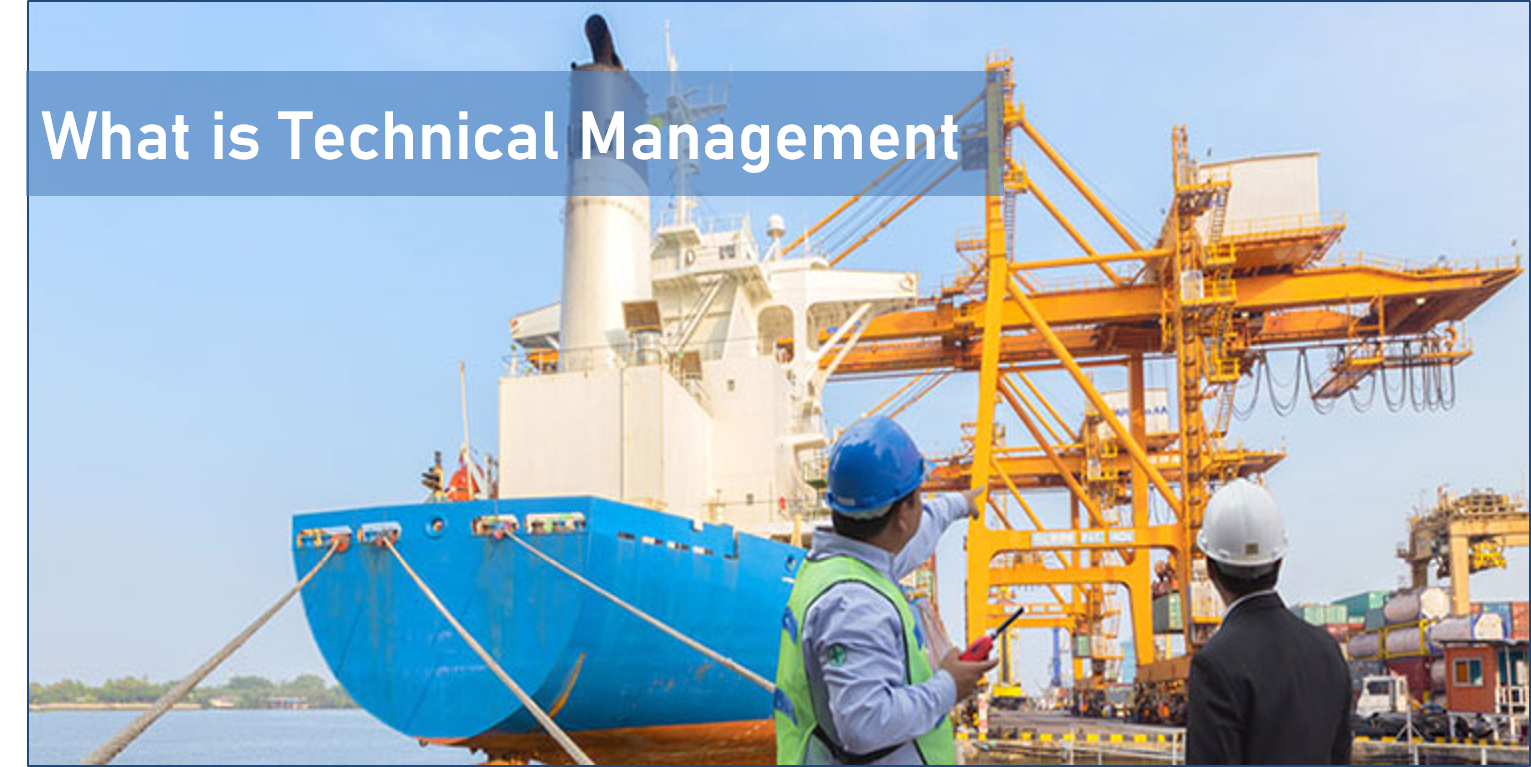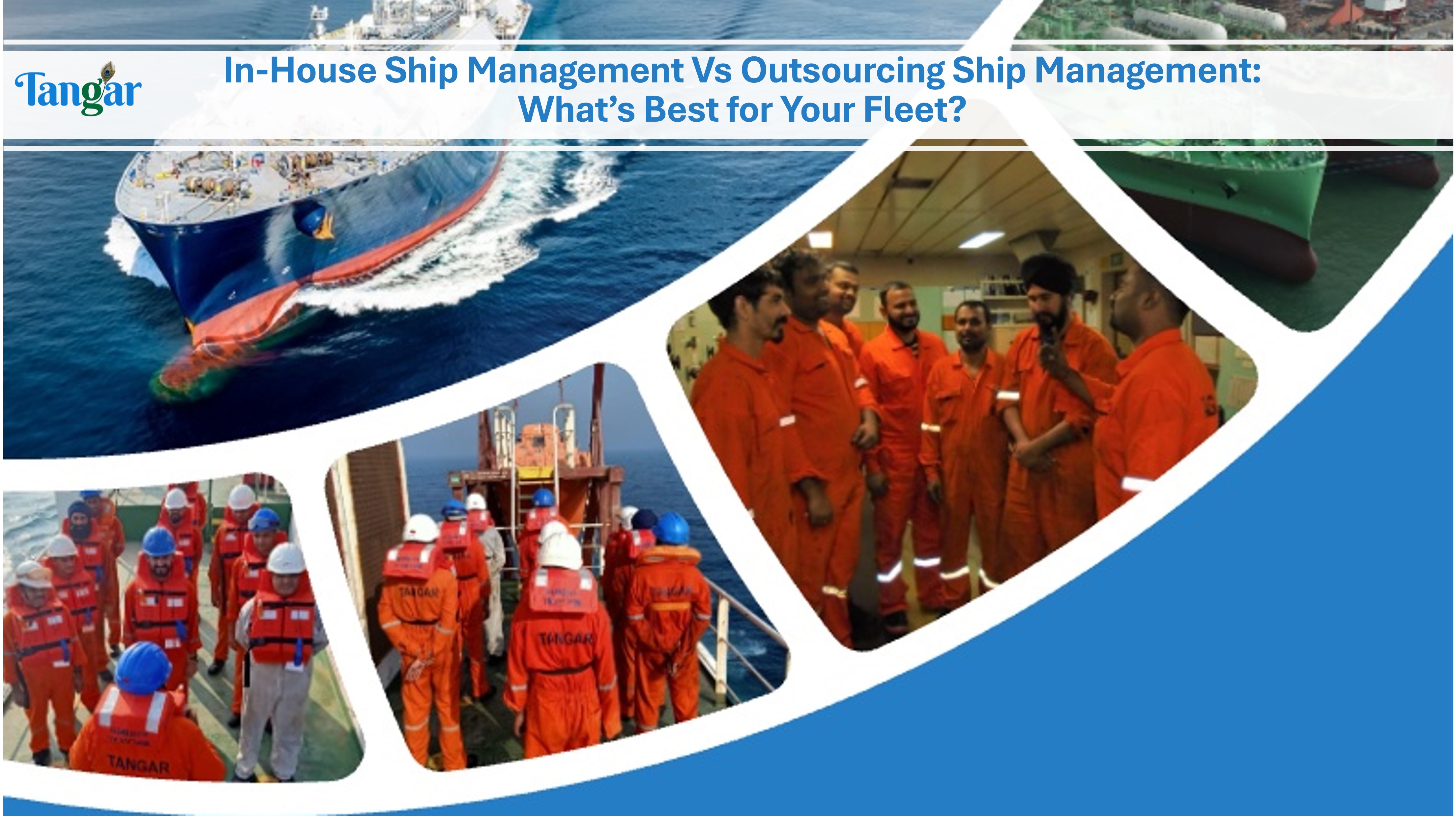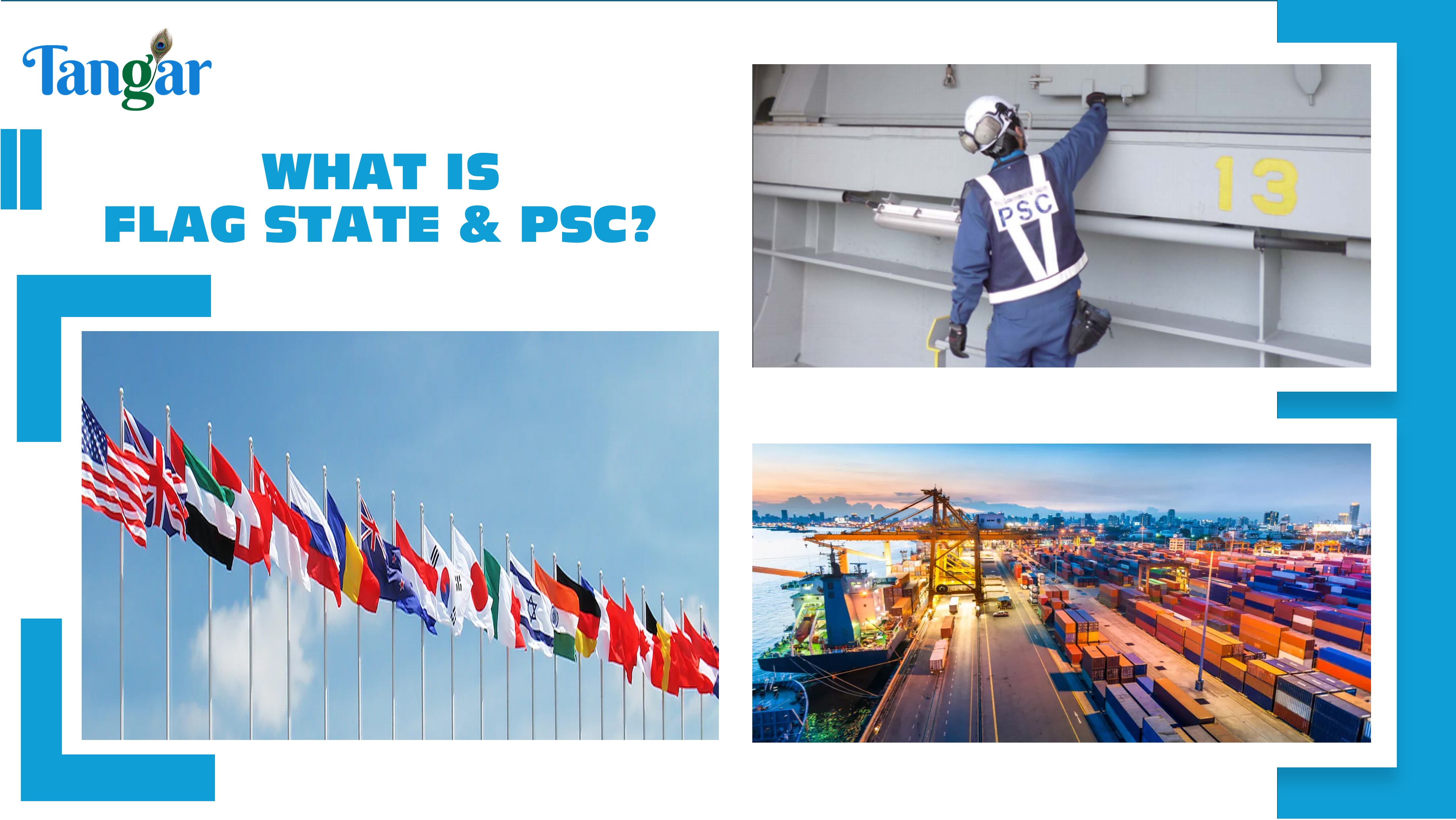
Port State Control (PSC) Inspections: Preventing and Resolving Vessel Detentions
Introduction
Port State Control (PSC) inspections verify that visiting ships meet international safety, security and environmental standards. When an inspection reveals serious deficiencies, a vessel may be detained until corrective actions are completed. Detention causes schedule disruption, financial loss and reputational damage and are preventable with the right systems and response.
Why vessels get detained ?
Common causes of detention include: -
1. Technical and operational failures (propulsion, steering, electrical systems).
2. Critical fire and lifesaving deficiencies (inoperable alarms, damaged fire doors, defective lifeboats).
3. Environmental non-compliance (MARPOL breaches such as oil discharge, garbage or sewage violations).
4. Crew certification, rest hours and welfare issues (invalid certificates, unpaid wages).
5. Deficiencies in Management Systems (ISM/ISPS non-conformities or ineffective procedures).
Detention categories most damaging to shipowners
Some detentions are particularly harmful because they signal systemic or regulatory failure:
1. ISM Code non-compliance: Indicates weaknesses in safety management and can trigger prolonged scrutiny across a fleet.
2. SOLAS-related safety failures: Detentions for SOLAS breaches (fire, lifesaving, navigation) directly threaten crew and cargo and are taken very seriously.
3. MARPOL/pollution incidents: Environmental detentions attract heavy fines, clean-up costs and long-term reputational harm.
4. Crew welfare and wages: Detentions for unpaid wages or poor living conditions can escalate rapidly and attract attention from multiple authorities.
5. Critical machinery failures (propulsion/steering): These not only detain a ship but can force costly towage and repairs.
How to secure release — Tangar Ship Management approach
1. Immediate response: Notify owner, DPA and stakeholders; isolate deficiencies; mobilize technical and crewing resources.
2. Triage and rectify: Prioritize safety-critical repairs, obtain urgent spare parts, and conduct temporary measures where permitted.
3. Documentation: Compile photos, repair reports, certificates and written statements to present to PSC prior to re-inspection.
4. Engage local expertise: Use experienced port agents, class surveyors and local contractors to speed repairs and inspections.
5. Re-inspection and follow-up: Coordinate re-inspection, provide evidence of corrective actions and implement root-cause fixes to prevent recurrence.
Prevention — the long view
Robust planned maintenance systems, regular internal and pre-PSC audits, up-to-date statutory certificates, continuous crew training and effective ISM implementation reduce detention risk significantly. Proactive performance monitoring and trend analysis across a fleet help identify recurring issues before they attract PSC attention.
Conclusion
Detentions are costly but manageable. With swift action, transparent communication and strong preventive systems, ships can be released quickly and future risk minimized. Tangar Ship Management provides 24/7 emergency coordination, technical repairs, ISM remediation and crew-welfare support to protect your vessels, schedule and reputation. Our experienced team has a proven record of securing timely releases across major ports worldwide. Contact Tangar for immediate assistance and a long-term compliance partnership.










